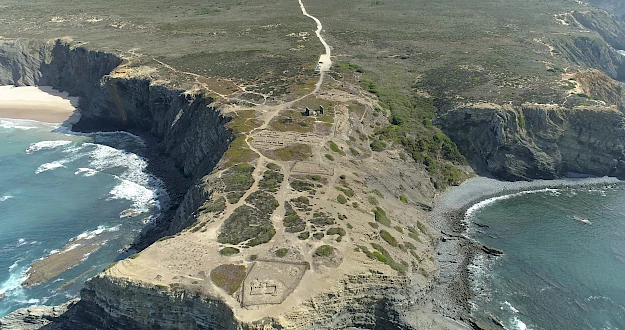PI
Fernanda Rollo
The History, Territories and Communities group constitutes a CFE hub at NOVA FCSH. Its main focus is history, in its intrinsic relationship with territories and communities. It comprises the breadth of essential interconnections between social sciences, humanities, and other disciplinary areas raised by contemporary societal challenges in interaction with the complexity of the global commitment to sustainability.It brings together researchers with diverse backgrounds in various lines of research guided by a common agenda, focused on the pursuit of specific work programs, maintaining as a fundamental element the transversal dialogue with the research dynamics pursued by CFE and raised by its mission dedicated to the sustainability of territories and the well-being of communities.
Starting from a (disciplinary) matrix in History, HTC is assumed to be a "hub" for the historical study (i.e. historical hub), from an inter- and multidisciplinary perspective, of burning themes for the understanding of human societies. From a presentist and contemporary perspective, anchored in recognising the societal challenges of our time, HTC is dedicated to strengthening dialogue between disciplines and developing empirical work methodologies.
The HTC adopts a perspective concerned with the heritage and legacy of History alongside the heritage and culture of biodiversity in the planning of the Territory and in the life of Communities. It studies and makes known trajectories and identities, understanding the processes of transformation in their changes and characteristics of a diverse nature - institutional, political, economic, social, and cultural.
The group assumes a transdisciplinary reflective vocation but is also attentive to opportunities for collaborative study and multidisciplinary reflection, open to participation in resolving societal challenges, following the United Nations 2030 Agenda 'for sustainable development', as well as in convergence with the European Commission's next Framework Program (FP), Horizon Europe (2021-2027). It also pursues the principles of Open Science, assuming the fullness of this ecosystem and respecting its various components, particularly in terms of making knowledge available in open access, the challenges and requirements of sharing, circulating and reusing knowledge in a digital context, privileging collaborative practices with society, fulfilling purposes of scientific, social and patrimonial responsibility.
The HTC provides different areas of knowledge as an interface with the Social and Human Sciences while at the same time promoting the competitiveness of multidisciplinary research agendas (on a local, regional, and global scale). It is particularly articulated with the transversal issue of sustainability, contributing to the development of a civic, environmental, and heritage culture and supporting a sustainable political economy.




